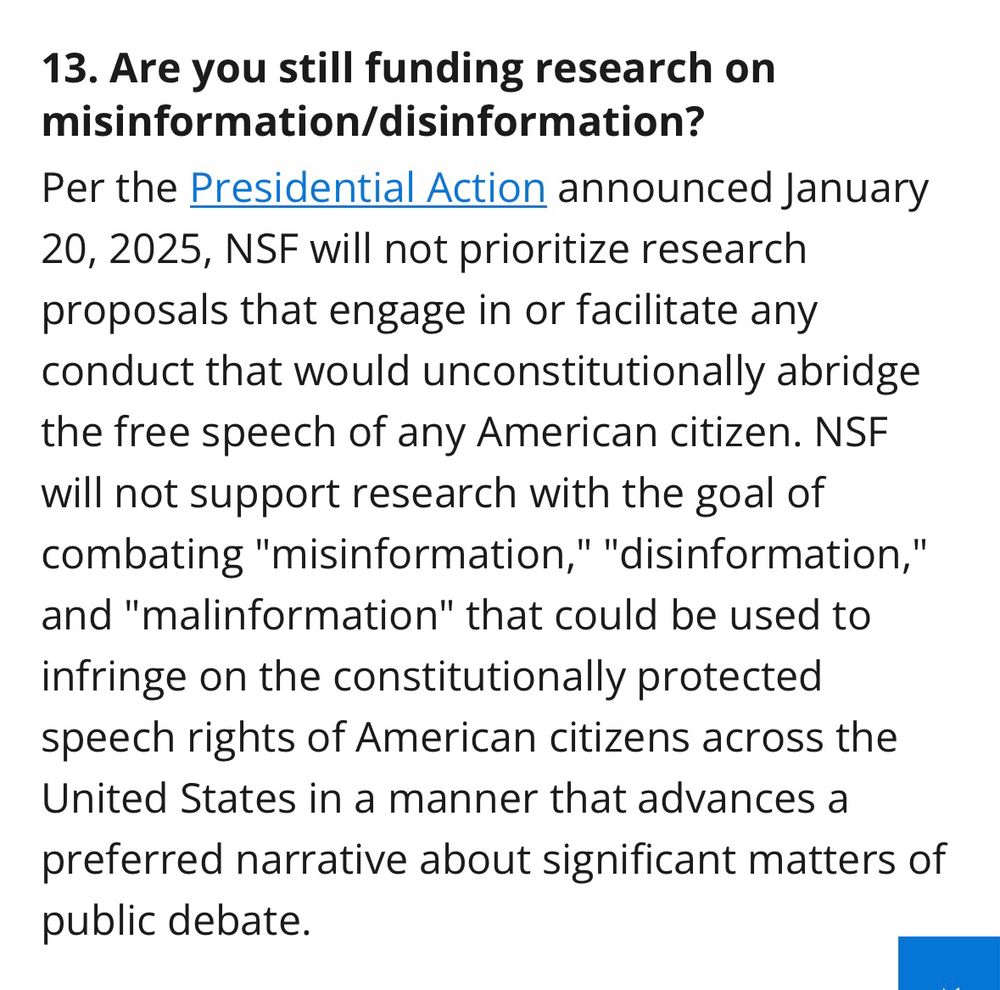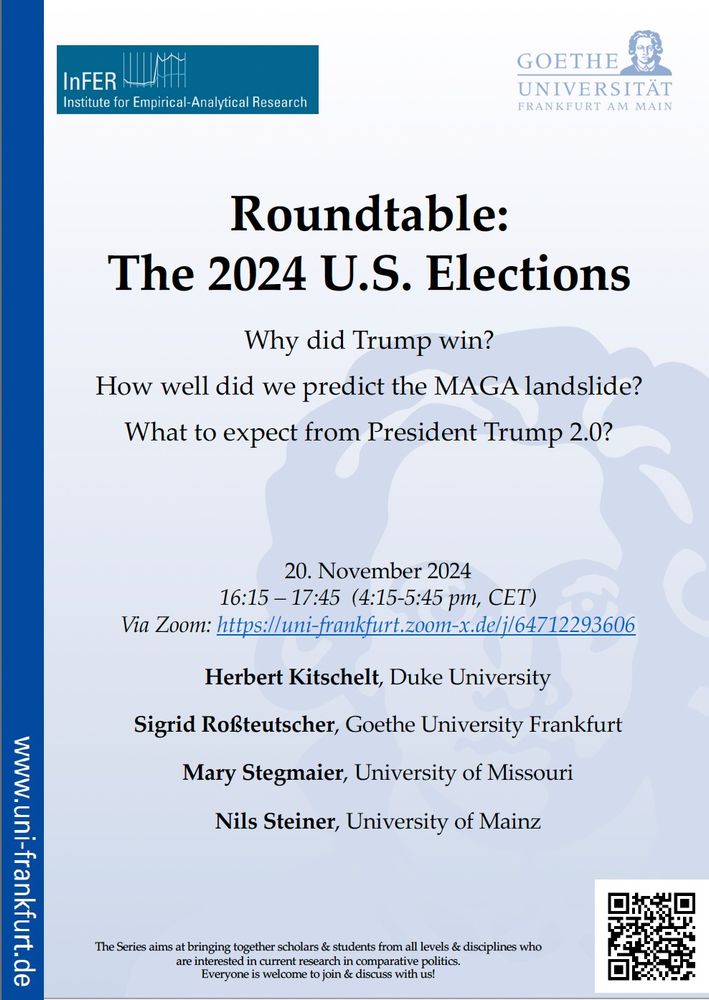Warum (noch) ein Datenportal?
Wir freuen uns, unseren ZRex-Beitrag über den Aufbau einer Dateninfrastruktur zum Finden & Teilen von R|EX-Forschungsdaten zu teilen.
#ExtremismData #DataSharing #OpenScience #ResearchData

At the @gesis.org stand we present DP-R|EX – the Data Portal for Right-Wing & Extremism Data.
Let’s talk about sharing data for reuse, data management & hate speech!
👉info: datenportal-rechtsextremismus.de #ResearchData #ExtremismData

At the @gesis.org stand we present DP-R|EX – the Data Portal for Right-Wing & Extremism Data.
Let’s talk about sharing data for reuse, data management & hate speech!
👉info: datenportal-rechtsextremismus.de #ResearchData #ExtremismData
blog.prif.org/2025/08/15/s...

blog.prif.org/2025/08/15/s...

Findings:
-BSW voters tend to be left-nationalist
-Depending on prior party support, either nationalist or economically left-wing positions predict switching to BSW
doi.org/10.1080/0964...

Findings:
-BSW voters tend to be left-nationalist
-Depending on prior party support, either nationalist or economically left-wing positions predict switching to BSW
doi.org/10.1080/0964...
We’ve now admitted 160 teams to participate 📊 and look forward to the collaboration ahead 🤝
#ManyDaughters
In a new article in @ispp-pops.bsky.social, @clandwehr.bsky.social, Philipp Harms and I show that this tendency is associated with stronger populist attitudes: doi.org/10.1111/pops....

In a new article in @ispp-pops.bsky.social, @clandwehr.bsky.social, Philipp Harms and I show that this tendency is associated with stronger populist attitudes: doi.org/10.1111/pops....
Science is, in essence, designed to separate the true from the false.
Understanding how falsehoods spread is key to the scientific endeavor. It is not a violation of free speech to be proven wrong.

Science is, in essence, designed to separate the true from the false.
Understanding how falsehoods spread is key to the scientific endeavor. It is not a violation of free speech to be proven wrong.

The “concordance-over-truth” bias persisted across education levels, analytic reasoning ability, and partisan groups, with a stronger effect among Trump supporters.
Extreme Trump attitudes are the strongest predictor: psycnet.apa.org/fulltext/202...

The “concordance-over-truth” bias persisted across education levels, analytic reasoning ability, and partisan groups, with a stronger effect among Trump supporters.
Extreme Trump attitudes are the strongest predictor: psycnet.apa.org/fulltext/202...
#polsky #polcom #commsky

#polsky #polcom #commsky




Join us for this virtual roundtable with Herbert Kitschelt, Sigrid Roßteutscher, Mary Stegmaier, & Nils Steiner!

Join us for this virtual roundtable with Herbert Kitschelt, Sigrid Roßteutscher, Mary Stegmaier, & Nils Steiner!


New paper out in @ActaPolitica where I show that acceptance of inequality separates left- and right-wing individuals in both Eastern and Western Europe, contrary to previous research.
link.springer.com/article/10.1...
Polisky

New paper out in @ActaPolitica where I show that acceptance of inequality separates left- and right-wing individuals in both Eastern and Western Europe, contrary to previous research.
link.springer.com/article/10.1...
Polisky
#sociology polisky

#sociology polisky

